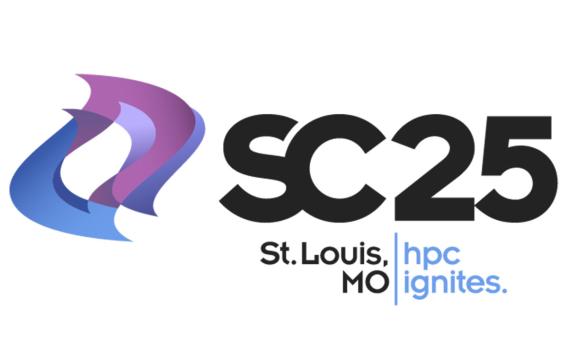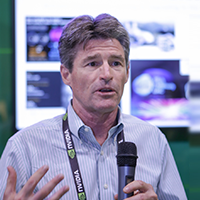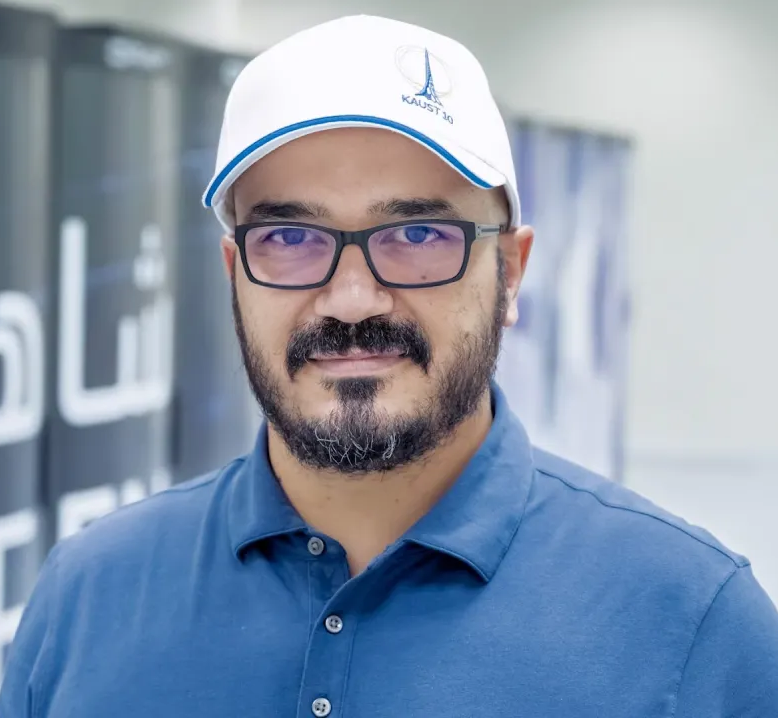Organizers
Gokcen Kestor, Barcelona Supercomputing Center
Dong Li, University of California, Merced
Murali Krishna Emani, Argonne National Laboratory
Technical Program Committee
Deborah Bard, National Energy Research Scientific Computing Center (NERSC)
Kevin J. Barker, Pacific Northwest National Laboratory
Mehmet E Belviranli, Colorado School of Mines
Wesley Brewer, Oak Ridge National Laboratory
Marc Casas Guix, Barcelona Supercomputing Center (BSC), Polytechnic University of Catalonia
Wenqian Dong, Oregon State University
Steven Farrell, Lawrence Berkeley National Lab
Roberto Gioiosa, Pacific Northwest National Lab
Yao Fehlis, AMD Research
Jiajia Li, North Carolina State University
Jie Ren, William & Mary
Shashank Subramanian, Lawrence Berkeley National Laboratory (LBNL)
Venkatram Vishwanath, Argonne National Laboratory
Feiyi Wang, Oak Ridge National Laboratory
Zhen Xie, State University of New York at Binghamton
Junqi Yin, Oak Ridge National Laboratory
Rio Yokota, Institute of Science Tokyo
Bo Yuan, Rutgers University


